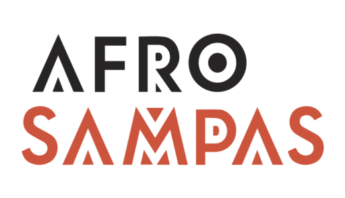The visa/visible
and the invisible
Rose Satiko Gitirana Hikiji
Jasper Chalcraft
This essay is the result of a collaboration between the artist Shambuyi Wetu, from the Democratic Republic of Congo, and us anthropologists. In his chimeras Shambuyi materialises alternative identities for the African migrant and refugee in Brazil. Through his critical utopia, he promotes a narrative that decolonises scarcity, war and suffering.
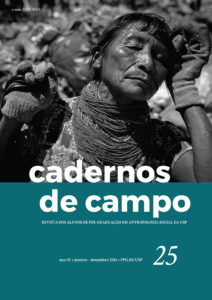
Collaborative post-production
Rose Satiko Gitirana Hikiji
Jasper Chalcraft
This chapter examines the ethics, aesthetics, and techniques of collaborative post-production. 1 In ethnographic filmmaking, collaborative post-production is a multi-faceted process, and here we focus on on only one aspect, one generally associated with the final phases of editing: the soundtrack, be it with music, sound recordings, or with the human voice. We discuss the central role that collaboration takes in some ethnographic filmmaking, calling attention for its place not only in the production process, but also in the period of “post”-production, when the film is already partially or completely edited, and the soundtracks are finally introduced.
The Routledge International Handbook of Ethnographic Film and Video (LINK)
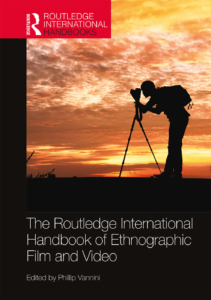
Opening Eyes through Ears
Migrant Africans Musicking in São Paulo
Rose Satiko Gitirana Hikiji
Jasper Chalcraft
This chapter explores translocal musicking by African musicians in Brazil, understanding this as a way of producing both localities and identities. What kinds of localities are being produced in a city that is hosting a new kind of African migration, and what happens to the musics that come with it? Drawing on three case studies, it details how African musicians negotiate their identities in Brazil. It also looks at how politics becomes integral to this process and how a shared transnational sensibility is sung into visibility.
The Routledge Companion to the Study of Local Musicking (LINK)
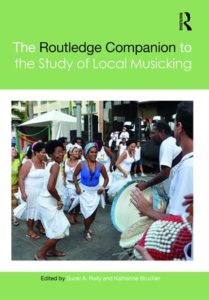
Unpacking: Congolese artists on the migrant experience in São Paulo
Rose Satiko Gitirana Hikiji
Jasper Chalcraft
Josep Juan Segarra
Two Congolese artists in São Paulo, Yannick Delass e Shambuyi Wetu encounter each other in performances that we record and recreate. Here, music and art are moments of empowerment, subtle shifts in the visible and auditory spaces of immigration policies.
Gesto, Imagem e Som (LINK)
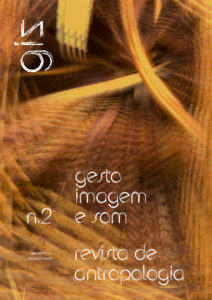
Imagens que atravessam. Diáspora africana em performance.
Rose Satiko Gitirana Hikiji
Jasper Chalcraft
This article analyzes how artists from the African diaspora living in Brazil engage with the institutional spaces of collective memory and with the world of the arts in their new home; we consider what this implies for the politics of memory in Brazil and beyond. We describe the partnership behind the production of images and performances between Shambuyi Wetu, a Congolese artist living in São Paulo, and us, a Brazilian and a British anthropologist. We discuss some questions catalysed by our work with artists from the diaspora: How can difficult histories be represented, and what are the implications of different representations? What is simplified – and what is made more complex – in the transnational questioning of national racist stories? What does it mean for an African artist to talk about the suffering of blacks in Brazil?
Artelogie (LINK)
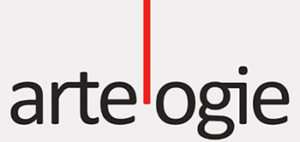
Tabuluja (Wake Up!)
Rose Satiko Gitirana Hikiji
Jasper Chalcraft
Shambuyi Wetu
In his performances, Shambuyi Wetu, an artist from the Democratic Republic of Congo and a refugee in São Paulo, constructs narratives about the diaspora experience and the context of l’homme noir in the world. Part of the Afro-Sampas collection, the film Tabuluja is a collaboration between the artist and anthropologists Rose Satiko Gitirana Hikiji and Jasper Chalcraft. The research and film explore the experiences of African musicians, dancers, and artists currently residing in São Paulo, and are part of the project ‘Being/Becoming African in Brazil: migrating music and heritages’.
Trajectoria: Anthropology, Museums & Art (LINK)

